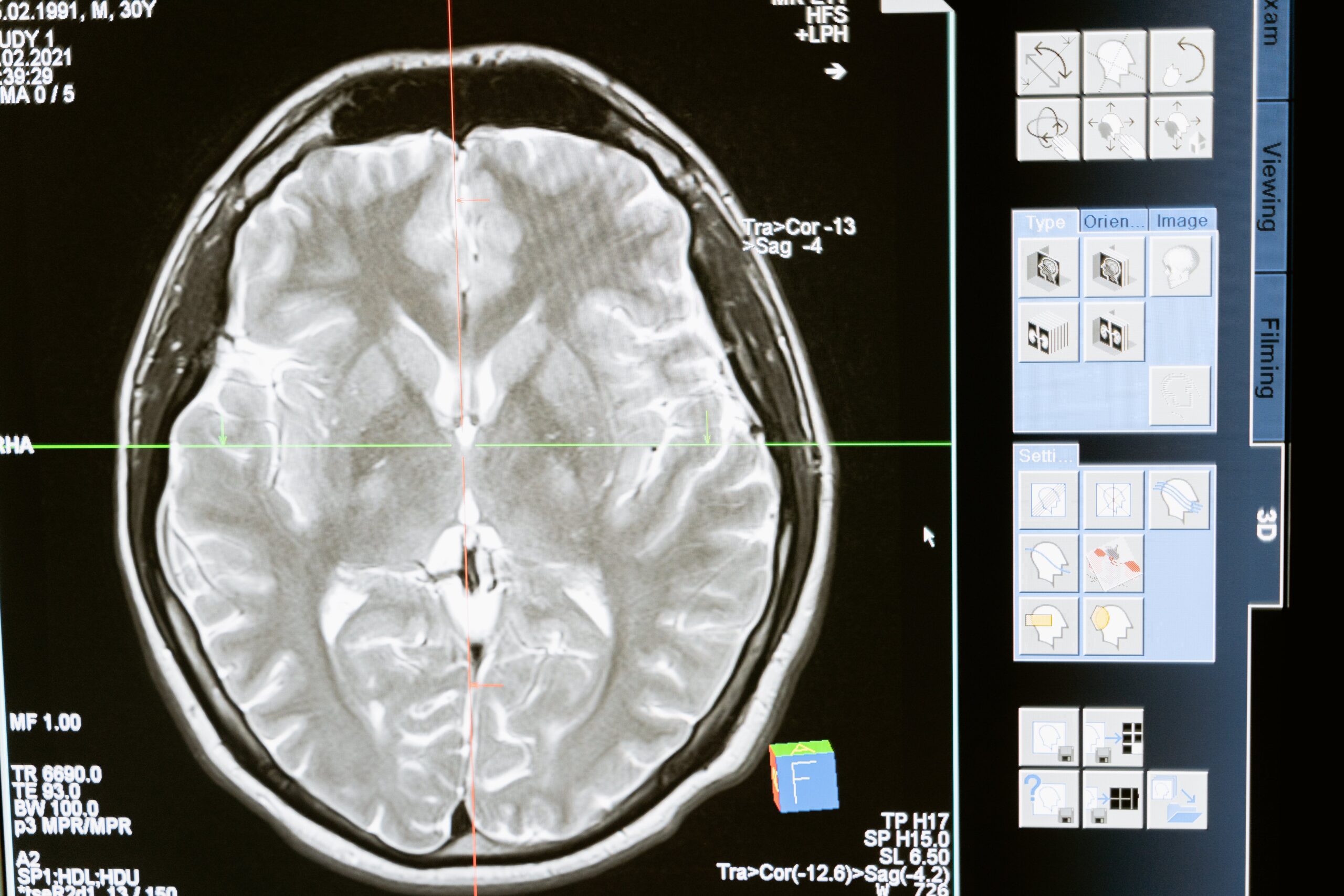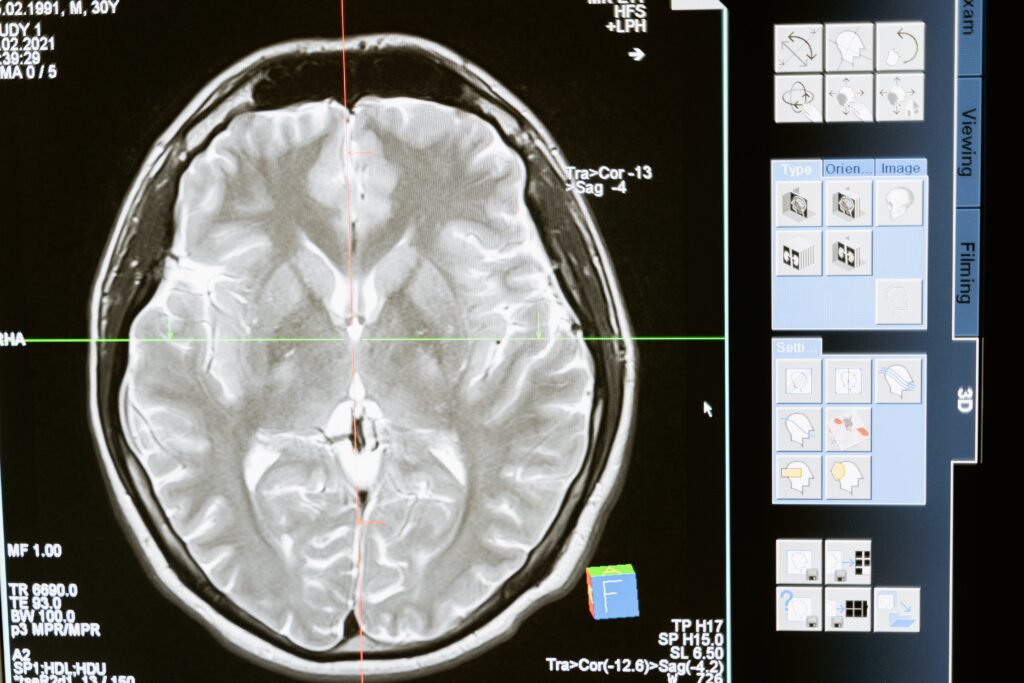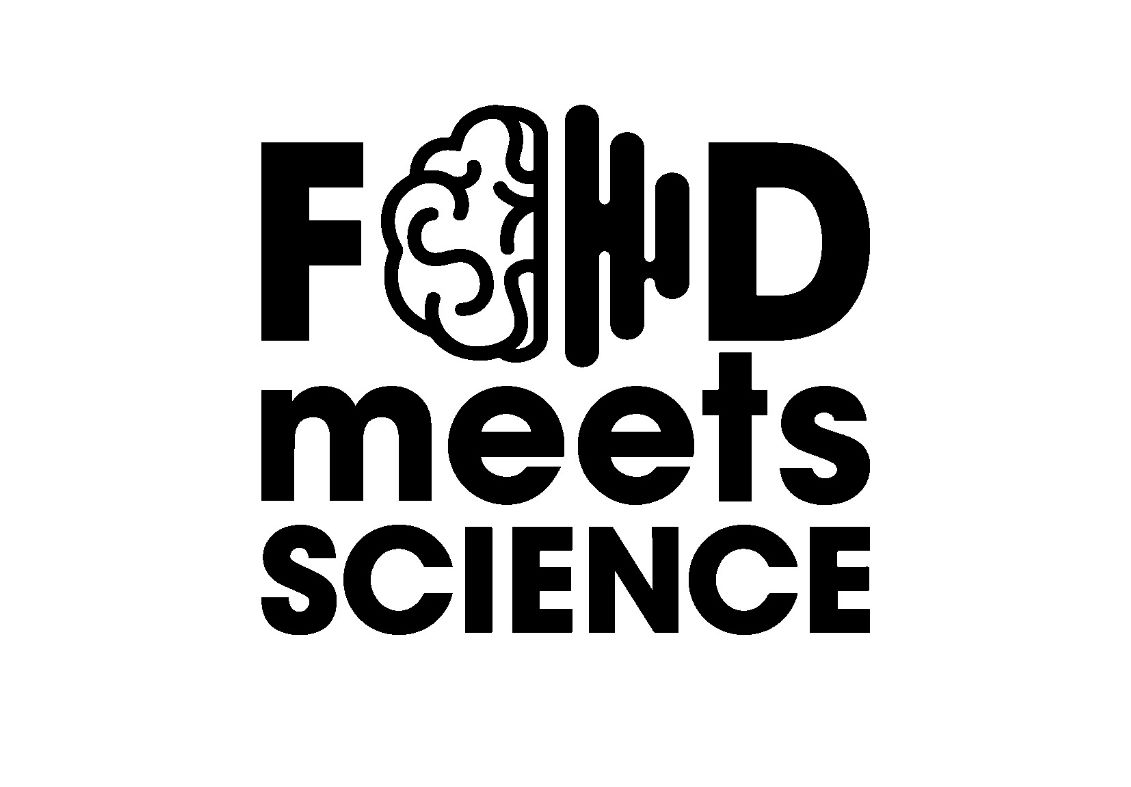
The gut – link to depression
Over the years and through research, experts and studies have increasingly highlighted the role of the intestines, the gut – link to depression in our body, often describing them as our “second brain.” But why? That is because the nervous system of the intestines is similar in structure to the nervous system. Both are based on the same type of neurons and neurotransmitters. Many studies have confirmed that these two systems work closely together.
Connection Between the Gut and Brain
The brain and gut have the same receptors, so antidepressant therapy affects both organs. It also turns out that during increased stress, our intestines react to a change in the conditions in them. As a result, it promotes the development of undesirable bacteria and limits the development of the “good” ones. This is another unequivocal proof that the connection between the intestines and the brain exists, and the interdependence between these two organs is very important for well-being and the development of various types of diseases.

Microflora and great responsibility in action
We must remember that the intestines are the place where the external environment (food) meets the internal environment of our body. The most important thing in the intestines is the microflora. But what exactly makes the path from the gut to depression so short? Research shows that this is directly related to the microbiome. The microbiome consists of bacteria naturally inhabiting the intestine of every human being. Additionally, research has demonstrated that the intestines influence brain function and, consequently, the progression of various diseases, such as Parkinson’s disease or depression. Gut bacteria can also affect the functioning of the central nervous system due to their ability to synthesize neurotransmitters. Disturbances in the composition of the microbiome pose a potential risk of developing inflammation and the ailments as mentioned above. Currently, quite well-established knowledge exists about the functioning of the “gut-brain axis”. This has led to the search for ways to regulate the work of the intestines by affecting the microbiota, in addition to synthetic drugs for depression. This includes using a proper, anti-inflammatory diet, as well as providing specific strains of bacteria that promote intestinal function, i.e. probiotics.

Excessive stress, anxiety, and a generally bad mental state weaken the beneficial bacteria in our intestines. This creates a vicious circle – the deteriorating condition of the intestines negatively affects our well-being, and the weakening mental health destroys the bacterial flora of our intestines. Reduced production of serotonin in the intestines is associated with damage to the intestinal microflora. The necessary microelements are supplied to our intestines with food. Therefore, in the context of malaise and depression, it is worth paying special attention to nutritional deficiencies. Establishing an appropriate diet, rich in substances necessary for the proper functioning of our intestines, can benefit our mental state.
Depression is a serious illness. If you notice symptoms in yourself or someone else, you need to contact a specialist.









Post a comment